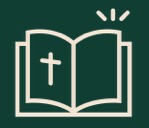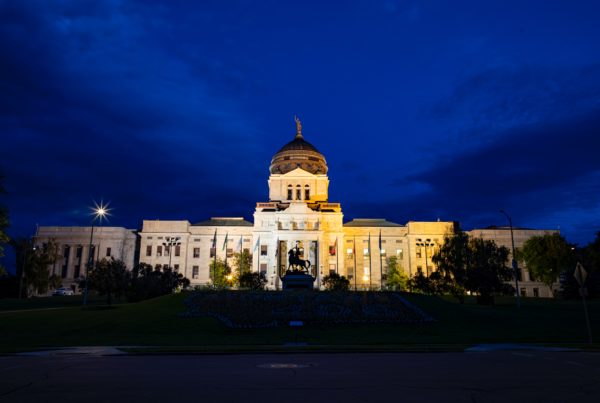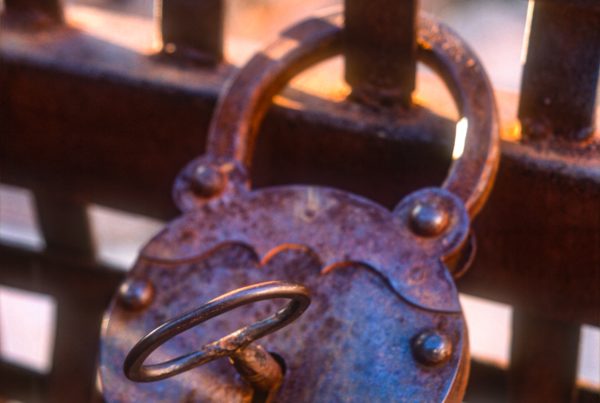Jacob Masters The Art Of An Apology
Jacob and Esau Resist The Temptation To Fix Their Relationship All At Once
This entire chapter illustrates what happens when people meet God face to face. Guilt and shame are primary drivers for bad and unwise behavior. God had literally just taken hold of Jacob’s life, now guides him through a most tricky task, mastering the art of an apology. Some commentators say this is an illustration of time healing old wounds, but that kind of thinking is total nonsense. Time doesn’t heal wounds, but God does. What is taking place is divine intervention at its finest.
He’s Coming
The phrase “He’s coming,” is real. Jacob can’t help but tip his hand to whom he really loves, the text mentions Rachel and young Joseph being held to the farthest back point, just in case Esau engages in a violent attack, Leah and all others are to the front.
Jacob bows down seven times before Esau reaches him, the act means several things. One, it’s something playful between family. Two, it communicates a message of humility, as in I am humbling myself before you. Three, it’s a way of treating another as royalty, in a manner familiar with the customs of the day. It’s likely Esau found it hilarious. The family follows along with Rachel and Joseph bowing before Esau, who in all seriousness, was most likely a kind of informal prince at this time, having grown strong and influential.
Highly interesting is the terms each brother uses for the other. Jacob calls Esau “My Lord,” and Esau calls Jacob “My Brother.”
Esau running to meet Jacob is one of the more tender moments in all Genesis. No weapon is in his hand, nor is there wickedness in his heart, Genesis portrays him as a good man, he runs to kiss his brother and together they weep as only grown men can do.
Rich Dialogue Between Brothers
In v. 8 Jacob clearly lets Esau know he is seeking his favor, a sign of growth and rebirth for him.
In v.9 Esau shows tons of class by not taking advantage of his guilty brother, he says, “I have enough.” Later Jacob will say back, “I have everything, seems no malice is intended.
In v. 10 Jacob says he sees the face of God, a way of announcing God is in their midst, prayer has been answered, and a miracle is taking place, two good men are reconciling.
In v.11 Jacob is full of irony, saying to Esau, “Take my blessing,” when the very reason Jacob has a blessing to give is that he stole it. Yet even at this moment, he seeks to release what is his to Esau.
Wisdom Wins The Day
A fascinating dialogue finishes the chapter, with Jacob offering gifts and Esau offering none. Jacob makes no excuses for his actions, nor does he offer any half-hearted words full of cheap repentance, he instead works hard to stay in his lane and makes amends. Esau offers to have his men journey with Jacob for safety reasons, the region Jacob is entering is not safe, a truth that will be sadly illustrated in the next chapter. Jacob refuses the kind gesture, and mentions he will join Esau, but was likely processing what he was going to do. It seems likely each brother spoke from the heart, but upon reflection, Jacob quickly realized there was too much risk in mingling his tribe with Esau’s. Toward the end, Jacob says three times to Esau, “To find favor in the sight of my Lord,” and those are the last words scripture records him ever saying to his brother.
He continues on to Succoth, a word in Hebrews that means booth or tiny house.
The chapter ends with an odd mention of God. El – Elohe – Israel, means God God of Israel, as in my God is most supreme. The phrase is a bold declaration, for in buying a piece of land among hostiles, not only has Jacob returned to Abraham’s landing spot, found in Genesis 12 in declaring the God of Israel is God, Jacob puts in their face rather firmly, all other gods are wrong.





